
The Dean of the School of Information and Communication Studies of the University of Ghana, Professor Audrey Gadzekpo has said that the media should begin an introspection to restore public confidence in the industry.
She said, it was worrying the dwindling public confidence in the media, and stressed that the media should begin an appraisal of its work and make amends where it fell short.
"Let the media begin a discussion to restore public trust in the media," she said, adding that the public perceive the media as corrupt and not serving their interest.
Prof. Gadzekpo's call comes in the wake of the 2018 Afrobarometer report which indicated that public confidence in the media was waning while a call for government control of the media had been made.
The report which focused on media freedom indicated that 57 per cent of the 2,400 nationally representative sample, said "government should have the right to prevent publication of information it deems harmful to society."
According to the report, only 36 per cent of respondents support full media freedom, a sharp drop from 55 per cent in 2005.
However, the report said 60 per cent of Ghanaians said they trust information from the public media, 58 per cent trust government sources and 57 private media, while 43 per cent said they trust social media sources.
Prof. Gadzekpo, the Vice Chairperson of the Board of Governors of the Centre for Democratic Development (CDD), who assigned numerous reasons for the outcome of the study, entreated the media to dilate on the report and take remedial measures to address their shortfalls.
"It is useful for us to begin to ask ourselves why. Why is it that the majority of Ghanaians want to see media freedoms curtailed? Is it that they believe the media is unethical or they consider the media as ethical and they are no longer tolerant or is it because they are complacent for media freedom and take it for granted?," she asked.
Prof. Gadzekpo also stressed that "or is it because of the type of the content of the media which tends to be politicised in a partisan way or is it because politicians have captured the media such that a majority of media organisations belong to party operatives and drive a particular political agenda and so the people have become skeptical of the media."
She advised the media to go by the ethics and regulations of the media.
The Executive Director of CDD, Prof. H. Kwasi Prempeh said the public perceived the media as a source of power and therefore needed to control or it could also be that the public had not appreciated the struggle stakeholders in the media went through before the current freedom the media was enjoying was attained.
He said currently, there was some level of control of the media because if someone was aggrieved about a particular publication, he or she could seek a court injunction to prevent further publication of the said story.
Prof. Prempeh said government control of the media would roll back the media freedom gains the media had made.
The Executive Director of the Media Foundation for West Africa, Sulemana Braimah, said the outcome of the study might have been influenced by the questions posed.
He also said most of the findings of the study reflected the practicality on the ground, and also suggested that the media should be well defined and segregated.
For instance, he said the media that generated content such as Google should be distinguished from the one that produced news.
Madam Eyram Bashan, a Media Consultant, said the result of the study indicated, perhaps that, the public did not understand the work of the media.
She said the freedom the media was enjoying should not be touched.
The Executive Secretary of the National Media Commission, George Sarpong, said the call for government control of the media confirmed the report of the Constitutional Review Committee.
The Afrobarometer, which was conducted in about 34 African countries by CDD, is a non- partisan research project that measures citizen attitudes and democracy and governance, the economy, civil society and others.
The goal is to give the public a voice in policy decision making by providing high-quality public opinion data to policymakers, policy advocates, news media, donors, investors and ordinary citizens.
This year's Afrobarometer is the seventh in the series started in 2005.
Read Full Story
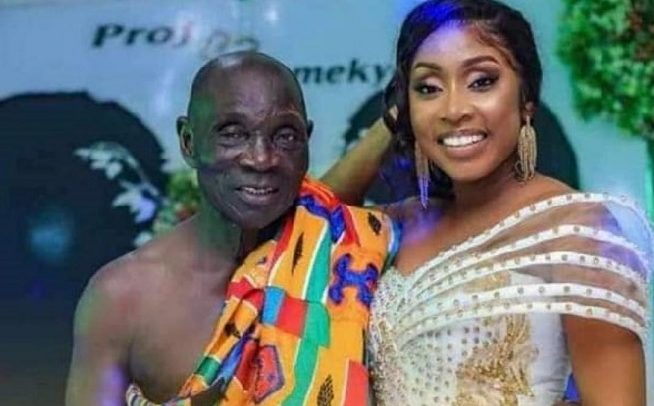
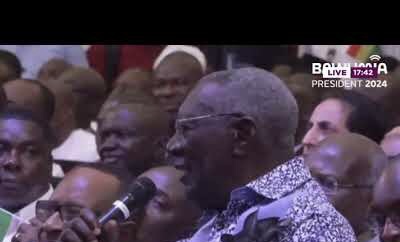
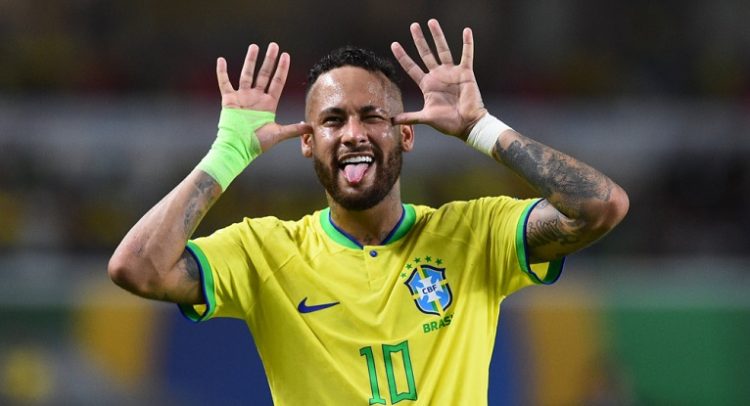













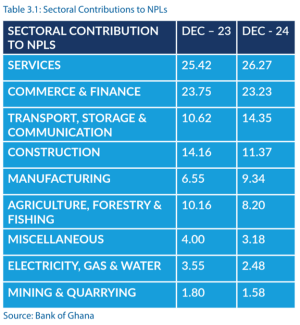
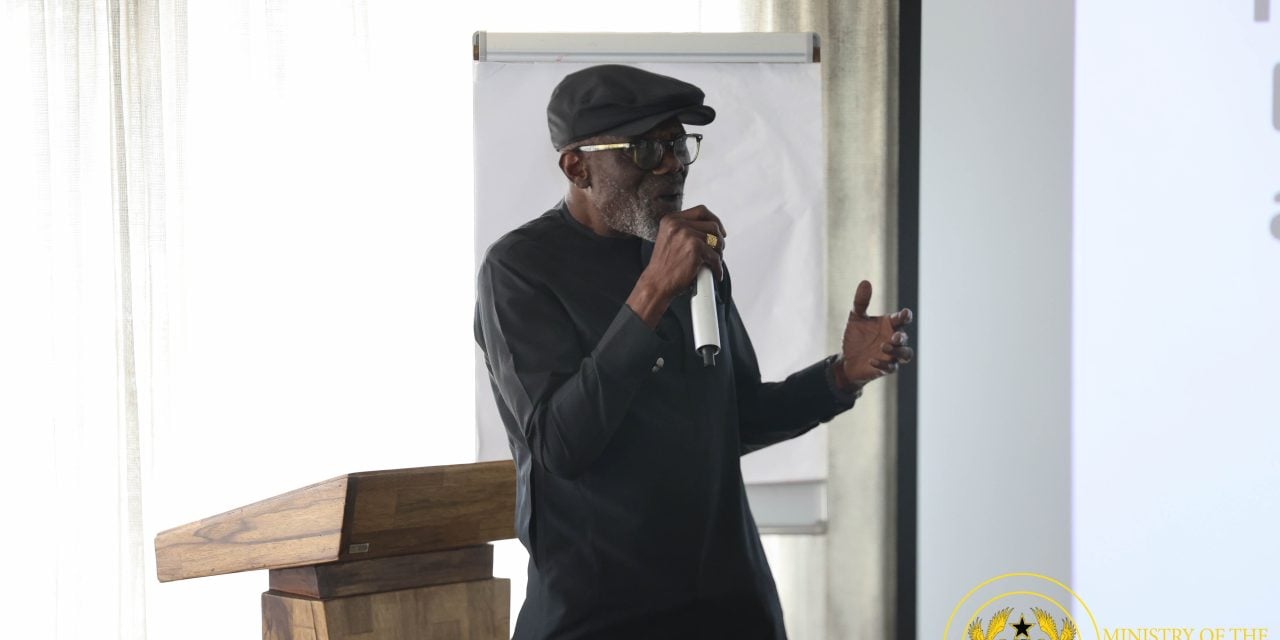
Facebook
Twitter
Pinterest
Instagram
Google+
YouTube
LinkedIn
RSS